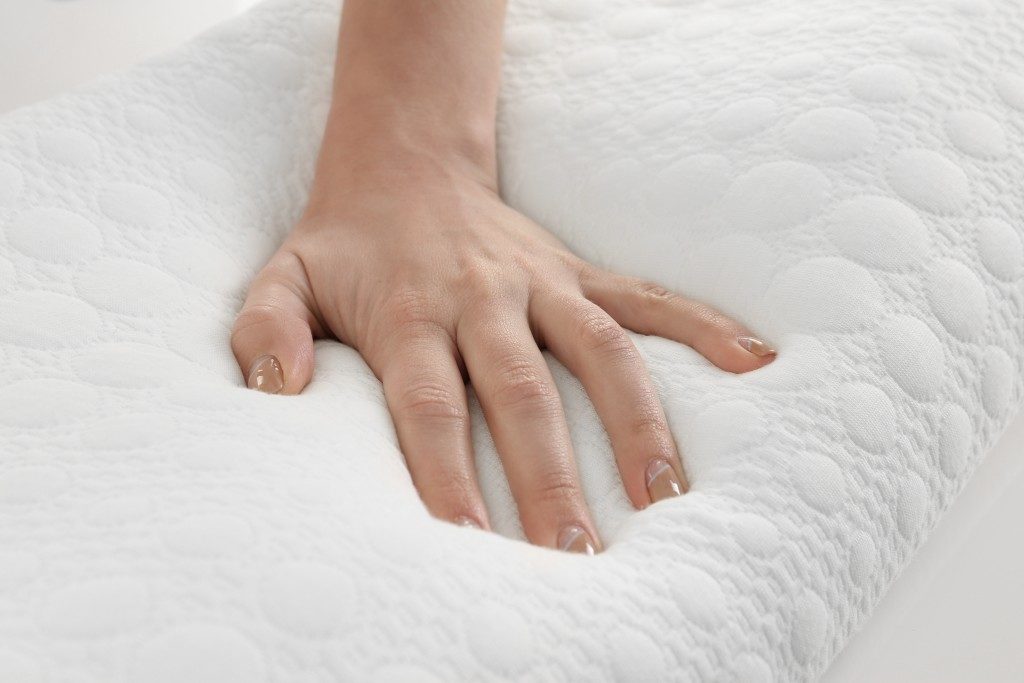Along with good nutrition and exercise, sleep is an important contributor to overall health. According to Public Health Matters, lack of sleep has been linked to a range of physical problems such as high blood pressure, diabetes, heart disease and premature death. Sleep-deprived people are also more likely to cause road accidents and decrease the productivity levels of a workplace.
A research done by The Sleep Council reveals that 22 per cent of Britons sleep poorly most nights, with an additional five per cent suffering from sleep disorders. With poor sleep becoming increasingly common in the country, the experts from Benmores Beds state that it is vital to invest in bedding that provides maximum comfort and support.
A memory foam mattress offers a wealth of benefits to individuals who need a good night’s sleep. If you are curious about how memory foam beds can help you sleep better, here are the top reasons they rate highest in owner satisfaction.
Pressure point relief
Memory foam was first introduced in the medical field to cushion, protect and comfort individuals in wheelchair seats and patients in intensive care units. They were widely used in hospitals because the upward resistance in beddings and the pressure of downward pulling gravity can damage soft tissues and affect circulation. Memory foam has pressure-relieving benefits that minimise pain in sensitive areas and help prevent pressure sores.
When you lay down on a memory foam mattress, the material doesn’t force your body to contour to it. Rather, it yields and adjusts to your shape. Unlike springs and other bedding materials, memory foam doesn’t place upward pressure or push you back into certain positions.
Back support and spine alignment

A memory foam mattress supports each part of your body by expanding your weight across the foam’s surface. The mattress follows the shape of your curves, allowing your spine to stay in a neutral position by supporting your lower back.
On other materials, the hips, shoulders and heels usually take the brunt. For side and back sleepers, this means that the lumbar area is not adequately supported, leading to muscle tension and lower back pain.
Whether you’re comfortable sleeping on your stomach, side or back, a memory foam mattress will adjust to any position. It’s designed to mould and cradle each part of your body evenly so that you can settle into your preferred sleeping position. By supporting proper alignment, contouring to the body and not placing pressure on sensitive areas, the memory foam provides optimal comfort to any sleeper.
Safe for people with allergies
Memory foam mattresses are safe for people with allergies because the materials used are hypo-allergic. They’re a better alternative for individuals who suffer from feather, wool and other fibre allergies.
Additionally, the dense structure of memory foam helps prevent dust mites as there aren’t many spaces for them to live and thrive. The structure of the foam also limits other allergens, such as pet dander and mould, from working their way into the mattress.
Lack of sleep is a health issue that many adults face today but finding the right mattress can make a positive difference on the way you sleep. Memory foam mattresses not only offer superior back support and comfort, but they are also a safer choice for sleepers who suffer from allergies.

